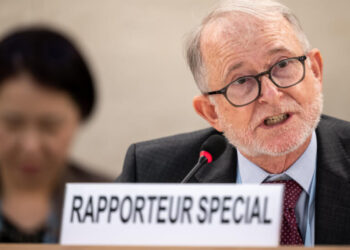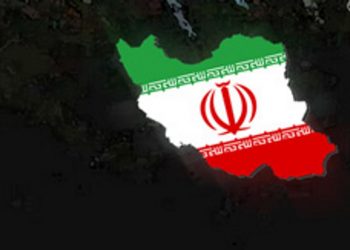Human Lives Human Rights: The wounds of the Holocaust–known in Hebrew as Shoah, or catastrophe–were slow to heal. Survivors of the camps found it nearly impossible to return home, as in many cases they had lost their families and been denounced by their non-Jewish neighbors. As a result, the late 1940s saw an unprecedented number of refugees, POWs and other displaced populations moving across Europe.
In an effort to punish the villains of the Holocaust, the Allies held the Nuremberg Trials of 1945-46, which brought Nazi atrocities to horrifying light. Increasing pressure on the Allied powers to create a homeland for Jewish survivors of the Holocaust would lead to a mandate for the creation of Israel in 1948.
Over the decades that followed, ordinary Germans struggled with the Holocaust’s bitter legacy, as survivors and the families of victims sought restitution of wealth and property confiscated during the Nazi years. Beginning in 1953, the German government made payments to individual Jews and to the Jewish people as a way of acknowledging the German people’s responsibility for the crimes committed in their name.


















